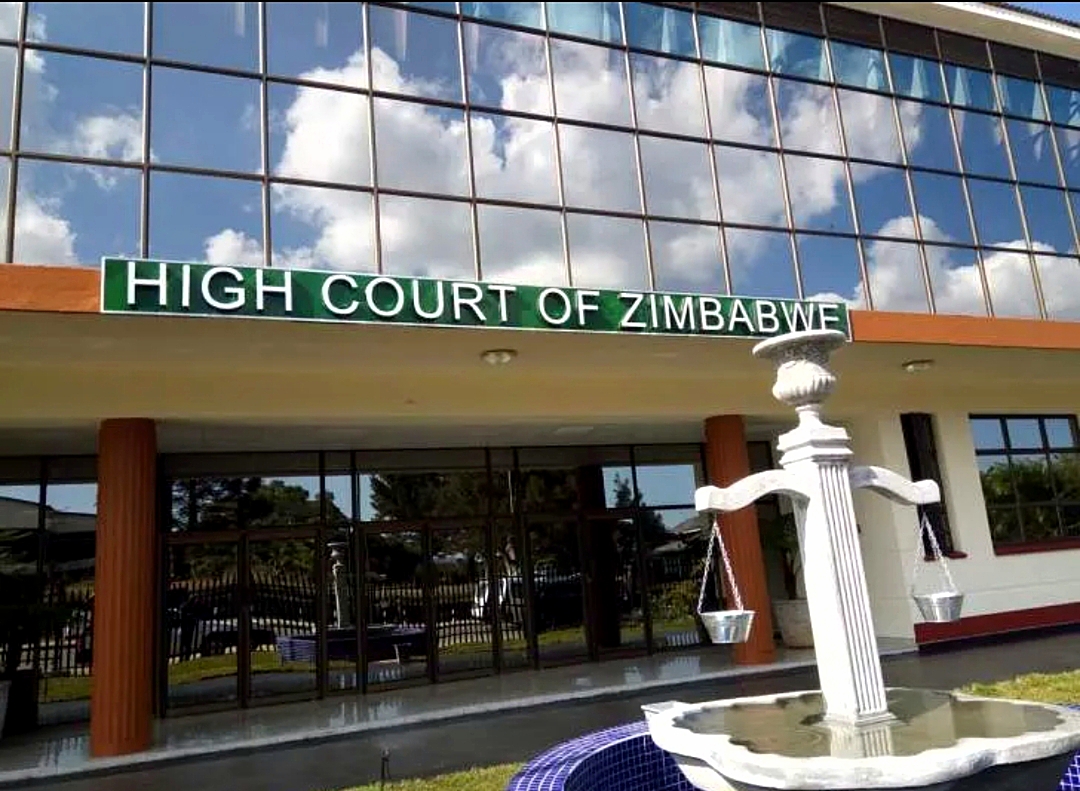Zimbabwe's private sector is facing a worsening liquidity crisis as delayed government payments, rampant border corruption, and a fragmented tax system combine to stifle industry and weaken the country's already fragile fiscal stability.
According to a nine-page submission to Treasury by the Zimbabwe National Chamber of Commerce (ZNCC), seen by the Zimbabwe Independent, the country is losing more than US$1 billion annually through corruption and smuggling at border points. The report paints a grim picture of a business environment crippled by weak transparency, policy inconsistencies, and delayed government obligations.
"Delayed payments to government contractors strain private sector liquidity. Unpaid export surrender balances make exporting less competitive and add to an unfavourable debt position," the ZNCC warned. "Contractors' and exporters' cash flow challenges reduce tax compliance, worsen arrears, and stifle business growth."
The chamber urged Treasury to activate the Contractor Payment Clearing System, which mandates the settlement of all certified government invoices within 90 days, and to issue tradeable Treasury Bills for arrears that can be offset against tax liabilities. It further highlighted that weak automation, discretionary enforcement, and poor remuneration at key institutions are creating loopholes for collusion and leakages.
For many formal businesses, the consequences of delayed government payments and policy misalignment are immediate and severe. Contractors and exporters are battling cash flow shortages, unpaid invoices, and unresolved export surrender balances — conditions that have delayed investment, disrupted operations, and deepened financial distress.
Following Zimbabwe's 2025 GDP rebasing, the tax-to-GDP ratio dropped from about 18% to 14%, significantly below the Southern African Development Community (SADC) convergence target of 25% and the 22–25% median for middle-income countries. The ZNCC noted that non-tax revenue contributes only 4% of total collections, leaving 96% to come from taxes in an economy where informality dominates.
Transaction taxes such as the 2% levy on electronic transfers were described as regressive, increasing business costs and pushing more transactions into cash, contrary to the Reserve Bank of Zimbabwe's efforts to promote a cashless economy. The report also criticised changes to Value Added Tax (VAT) regulations, which have seen most products moved to the exempt category, preventing businesses from claiming input tax refunds and inflating the cost of doing business.
VAT rules have further compounded liquidity risks by requiring companies to file separate returns for USD and ZiG transactions under the Tax and Revenue Management System (TaRMS). The ZNCC warned that VAT refunds cannot be used to offset other tax obligations such as customs duties or corporate tax, while ZiG input VAT refunds are subjected to lengthy audits and significant delays. "This creates unnecessary cash flow mismatches where the government owes companies more than companies owe the government," the chamber said.
Border management was singled out as a critical pressure point draining both state revenue and investor confidence. The ZNCC called for the full implementation of the Zimbabwe Electronic Single Window system and the deployment of advanced technologies — including AI-powered cargo monitoring, drones, and CCTV — to enhance surveillance and curb smuggling.
It also proposed that customs and licensing revenues be ring-fenced, with a fixed portion allocated to staff incentives and infrastructure development. The chamber further recommended the introduction of joint anti-corruption audits involving the Zimbabwe Anti-Corruption Commission, the Zimbabwe Revenue Authority, and the Office of the Auditor-General, combined with performance-based incentives to discourage rent-seeking behaviour.
The ZNCC also warned that Zimbabwe's tax incentive framework is outdated and fragmented, undermining fiscal discipline and reducing policy effectiveness. It urged authorities to streamline the incentive regime and align it with broader industrial and fiscal objectives to restore business confidence and support economic growth.
As the liquidity crisis deepens, industry leaders fear that without urgent reforms to improve transparency, ease liquidity constraints, and curb systemic corruption, Zimbabwe's private sector could face an even more severe contraction — with lasting damage to the nation's economic stability.
- Zimbabwe Independent
 Zimbabwe targets $1 billion reserves
Zimbabwe targets $1 billion reserves  SA decry 'non-existent' Beitbridge border post security
SA decry 'non-existent' Beitbridge border post security  'Some very strange things are happening in China!'
'Some very strange things are happening in China!'  Zimbabwe's dollar stock exchange surges 45%
Zimbabwe's dollar stock exchange surges 45%  Gold edges up as traders await guidance
Gold edges up as traders await guidance  Zimbabwe's diamond deal sparks controversy
Zimbabwe's diamond deal sparks controversy  Young Investment Professional (YIP) Graduate Programme 2019
Young Investment Professional (YIP) Graduate Programme 2019 










 Young Investment Professional (YIP) Graduate Programme 2019
Young Investment Professional (YIP) Graduate Programme 2019
Editor's Pick